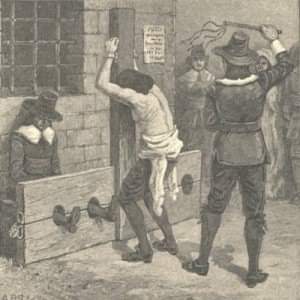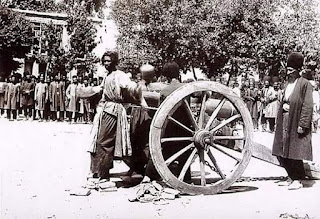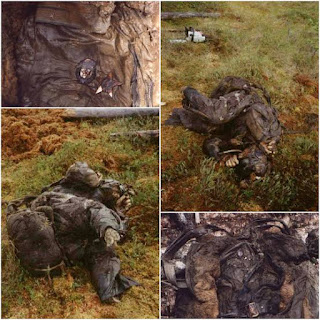Beat your slaves, servants or soldiers, not a crime, how common was that? – world history and facts
Beat your slaves, servants or soldiers, not a crime, how common was that? – world history and facts
Although the common law prohibited torture, however, the Privy Council continued to issue torture warrants
The use of torture has been contrary to common law for several centuries, and the UK was well ahead of many other European jurisdictions in abolishing its use.
Although the common law prohibited torture, however, the Privy Council continued to issue torture warrants until Felton’s case in 1628 and it was not until the Long Parliament in 1640 that the practice was formally abolished.
Corporal punishment is a distinct and separate activity and was continued and common up into the 19th century in much of the world.
Beat your slaves, servants or soldiers, no less criminals, how common was that?


.jpg)

.jpeg)




.jpeg)

Comments
Post a Comment